SOCAR, TNB Bergabung untuk Mempercepat Adaptasi EV
Ini selaras dengan usaha nasional dan global untuk mengurangkan pelepasan gas rumah kaca, greenhouse gas (GHG) dari pengangkutan.
Dalam usahasama untuk mempercepat penggunaan kenderaan elektrik di negara ini, SOCAR Mobility Malaysia (SOCAR) dan Tenaga Nasional Berhad (TNB) baru-baru ini menandatangani Memorandum Persefahaman (MoU) yang akan menyaksikan syarikat utiliti nasional memanfaatkan data SOCAR mengenai penggunaan kenderaan dan tingkah laku perjalanan.
Ini akan membantu TNB mengenal pasti lokasi strategik di sepanjang laluan perjalanan utama untuk menentukan lokasi, bilangan dan jenis pengecas untuk dipasang. Sudah tentu, ini termasuk pengecas pantas langsung, direct (DC), yang sangat sangat kekurangan ketika ini.
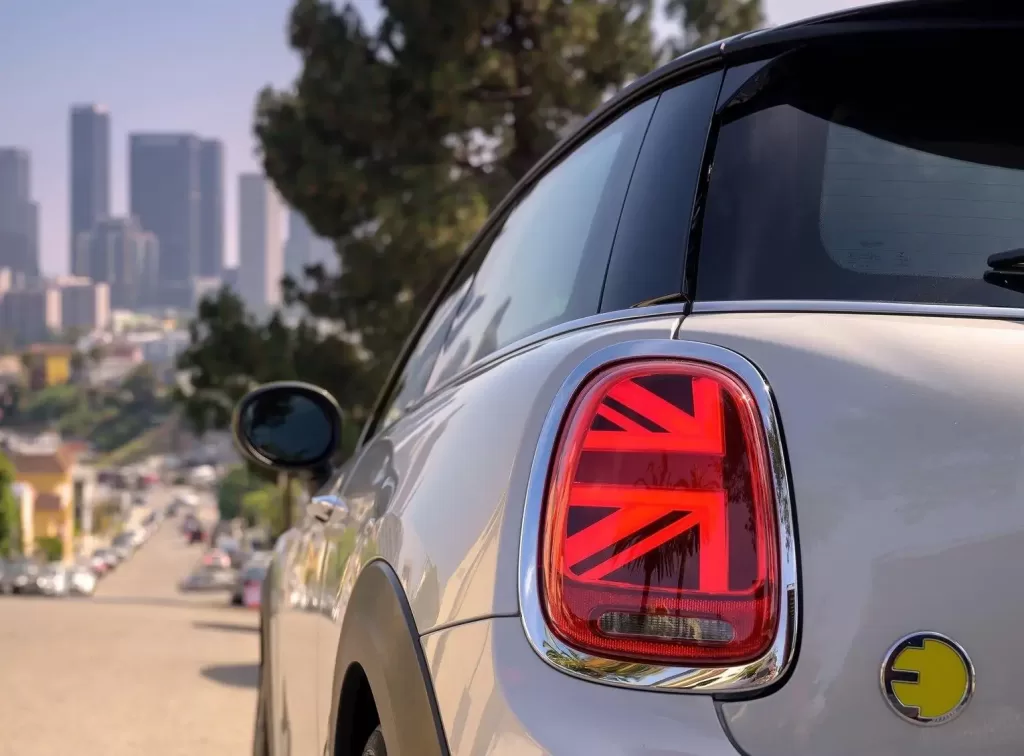
SOCAR, sebaliknya, akan memperluas armadanya kepada “ratusan EV” dalam dua hingga tiga tahun ke depan. Selain itu, platform perkongsian kereta ini akan juga memperkenalkan hingga 50 zon EV pada akhir tahun depan.
Pengembangan armada EVnya akan membantu SOCAR mempromosikan gaya hidup EV dengan menjadikannya lebih mudah diakses oleh orang ramai, sehingga dapat mengatasi halangan kos, yang merupakan salah satu sebab utama di sebalik lambatnya penggunaan EV di Malaysia.
Selain itu, syarikat juga dapat menentukan model EV mana yang harus diperkenalkan dan lokasi pelancaran menggunakan data seperti pilihan pemanduan dan gaya kegunaan kenderaan.

Ini siaran media SOCAR dengan lebih banyak maklumat:
MEDIA RELEASE
SOCAR Mobility Malaysia (SOCAR) and Tenaga Nasional Berhad (TNB) have announced a Memorandum of Understanding (MoU) to leverage on shared demand data on electric vehicle (EV) usage in Malaysia as part of their joint efforts to speed up the adoption of EVs. Efforts to encourage EV adoption are in line with national and global efforts to reduce greenhouse gas (GHG) emissions from transportation, estimated to contribute around 21% of Malaysia’s 2016 CO2 emissions.
The MoU outlines TNB’s plans to leverage on SOCAR’s data on vehicle usage and travel behaviour to identify strategic locations along key travel routes for the installation of charging infrastructure. The demand data shared would determine the location, number and type of chargers for installation, including direct current (DC) fast chargers.
SOCAR, with its fleet expertise and rich data resources, aims to expand its fleet by up to hundreds of EVs in the next two to three years. This includes rolling out up to 50 EV zones by the end of 2022.
By offering EVs on its car sharing platform, SOCAR aims to introduce the EV lifestyle to the masses by making EVs more accessible, addressing the oft-cited barrier of cost holding back drivers who have considered switching to EVs. SOCAR’s comprehensive database of car sharing usage will form the foundation for selecting EV models for the rollout and the locations of new EV zones, based on driving preferences and vehicle usage styles among Malaysians. In turn, this effort to enable positive EV driving experiences is targeted at creating new advocates who will continue the momentum to accelerate EV adoption.
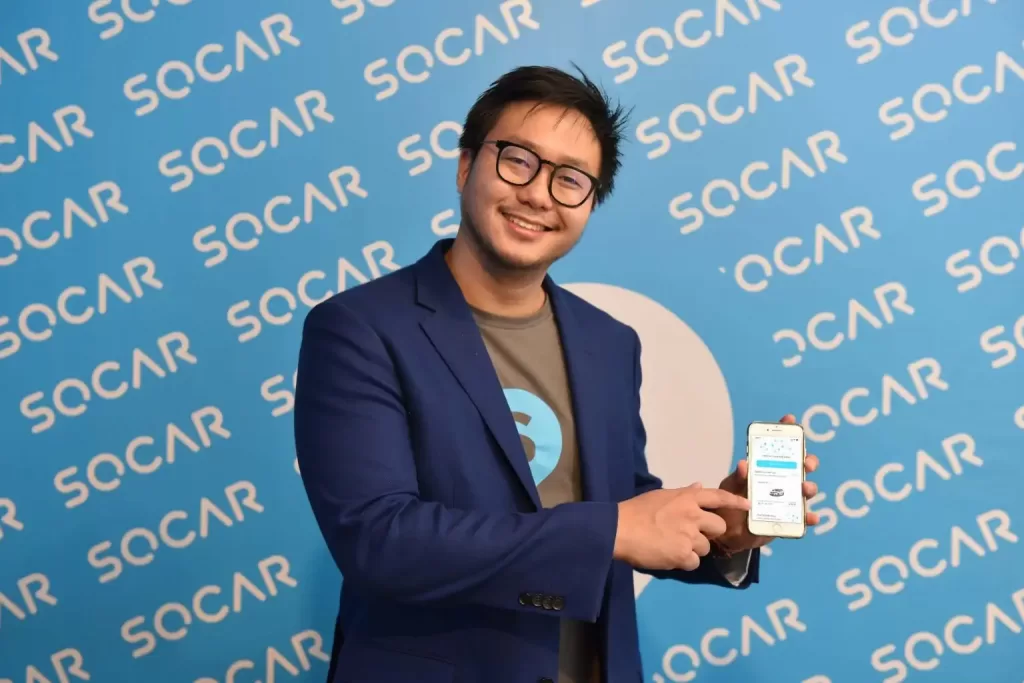
“As a future-centric tech-powered flex mobility provider, we are committed to driving the adoption of sustainable mobility. For us, this means using our platform and resources to enable more drivers to experience the benefits of driving an EV, thus helping them transition from conventional fossil-fuel powered cars,” said Leon Foong, CEO of SOCAR Mobility Malaysia.
“From talking to Malaysian drivers, we know it is crucial to enable EV use without owning one and to plug the gaps in the current EV charging infrastructure to overcome range anxiety among potential EV adopters. We are pleased to once again work with TNB to introduce users to a seamless EV driving experience. In addition, our car sharing model also supports drivers who wish to own an EV, as they can generate income to offset ownership costs by listing their EV on our TREVO people-to-people car sharing marketplace,” said Foong.
In Malaysia, the low EV penetration rate – where EVs comprise less than 0.05% of the estimated 14.5 million registered private cars in the country, offers wide room for growth in adoption, if the car sharing model is able to help educate consumers on the ease of EV use.
Urgent need to plug infrastructure gaps
“We at TNB support the e-mobility movement in the transportation sector to encourage higher adoption of EVs in the country. With sustainability embedded in our business agenda, we are ready to work with like-minded partners like DHL Express Malaysia and SOCAR to deploy low carbon mobility initiatives. TNB is set to take a leading role in driving EV adoption in Malaysia, especially among fleet management operators, and one of the key steps to achieving this is by establishing more EV charging zones that would be utilised optimally based on known travel routes,” said Datuk Ir. Megat Jalaluddin Megat Hassan, Chief Retail Officer of TNB.
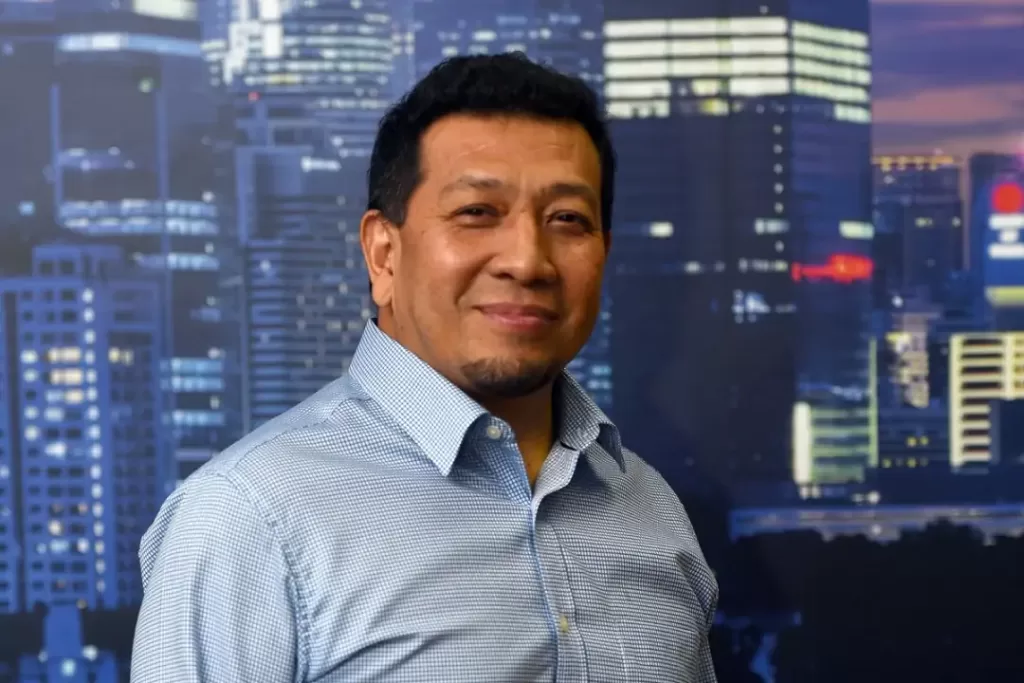
“This recent collaboration with SOCAR is more extensive, compared to our initial partnership back in December 2019 when TNB became the enabler for SOCAR’s first two EV zones in Cyberjaya with the introduction of the first-ever EVs in their fleet. Together, we are confident in fostering more interest from other players in the EV infrastructure ecosystem to achieve a robust synergistic business environment that would benefit the EV community at large,” said Megat.
Foong said EV owners had estimated that with the currently available charging infrastructure, a Nissan LEAF would take over 24 hours to drive approximately 1,000km from Johor Bahru to Kota Bharu. Meanwhile, a Mini SE would take around 20 hours with 8 hours spent on charging alone. “To overcome this hurdle, each state in the peninsula will need to have 150kW DC fast chargers in at least one key travel hub, to facilitate inter-city travel. This illustrates the urgency of developing a strategic EV charging infrastructure roadmap on the journey towards achieving an ideal ratio of high speed chargers to EVs. Ultimately, nations need to target a high supply metric which weights DC chargers higher while ensuring the sufficiency ratio stays within the optimal range. Having charging infrastructure at high frequency, low-mid mileage travel hotspots can be a great way to introduce people to using EVs to meet their urban mobility needs,” he added.
While long term education, sufficient infrastructure and lower battery costs are key to encouraging EV adoption in Malaysia, this collaboration between SOCAR and TNB will be an instrumental step in giving the public first-hand experience of what it truly means to adopt the electric car lifestyle. This in turn contributes to lower tailpipe carbon emissions, heralding the start of a green revolution among drivers in Malaysia.


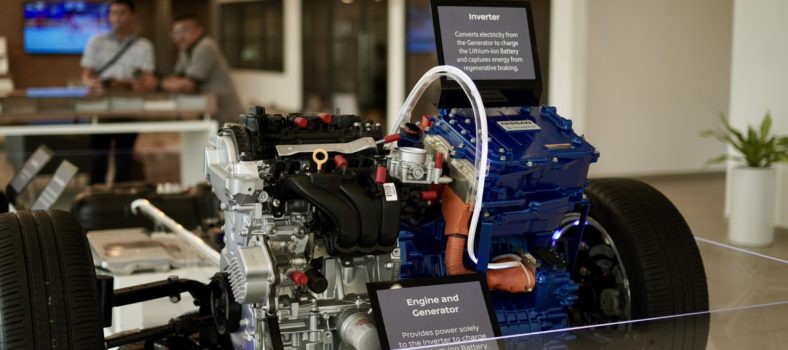
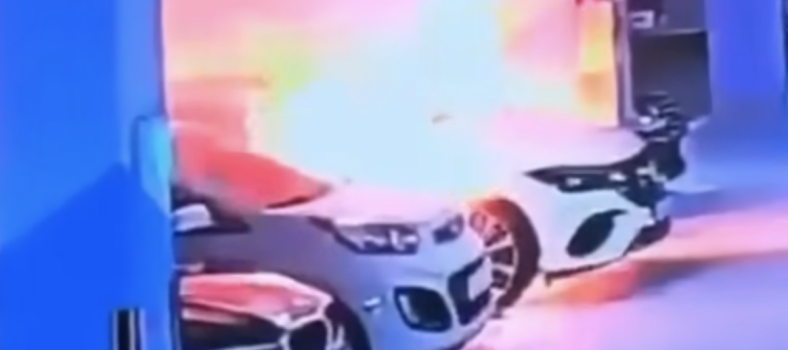
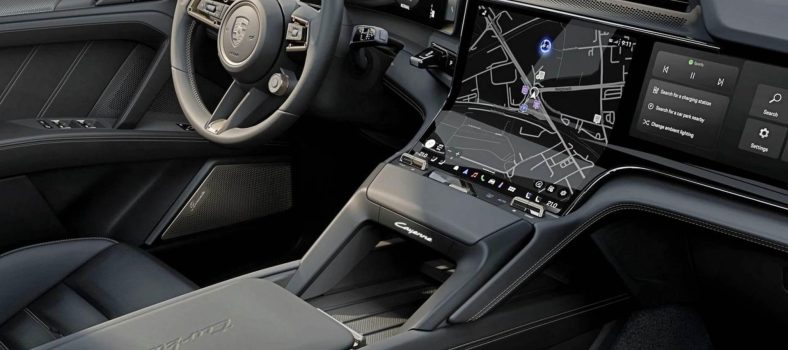
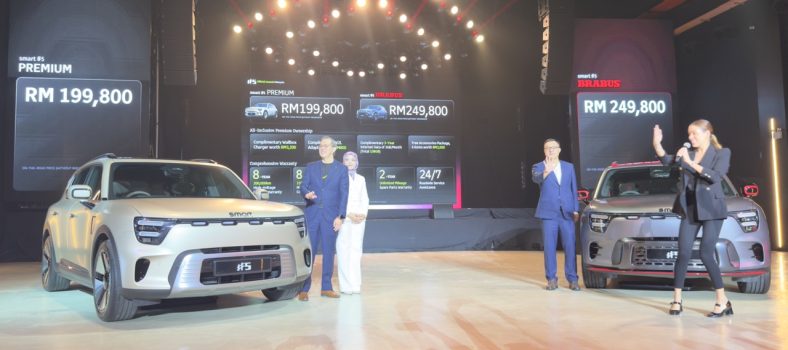
No Comment